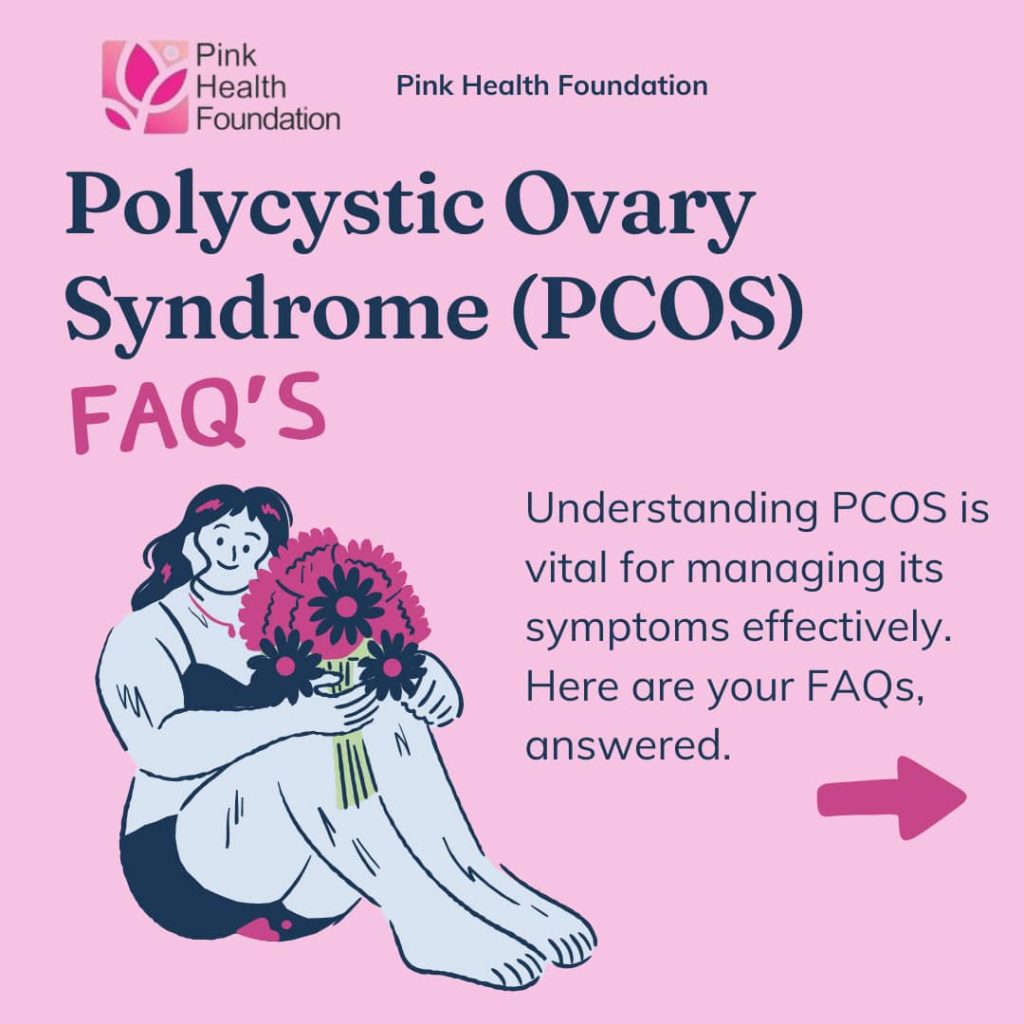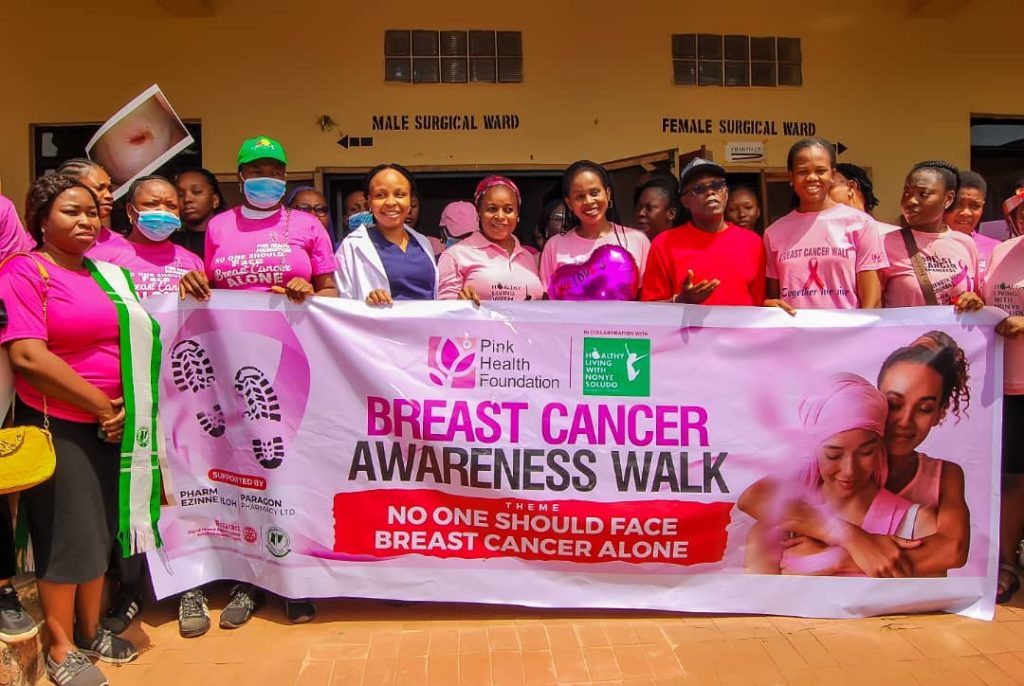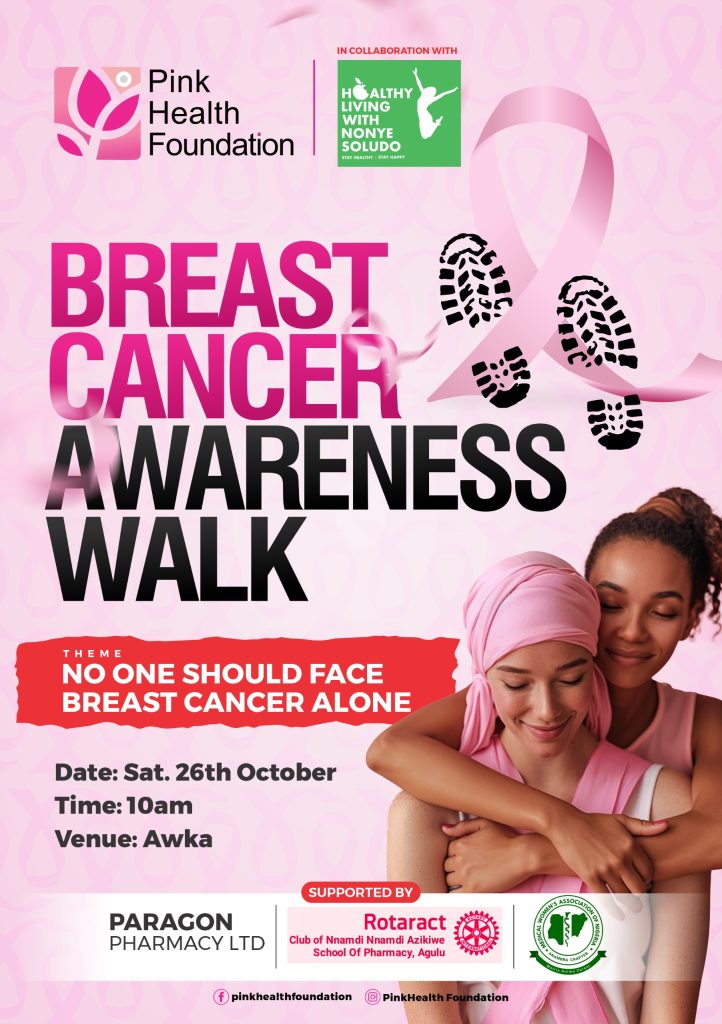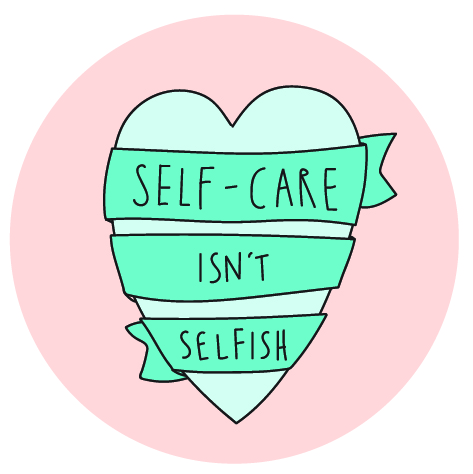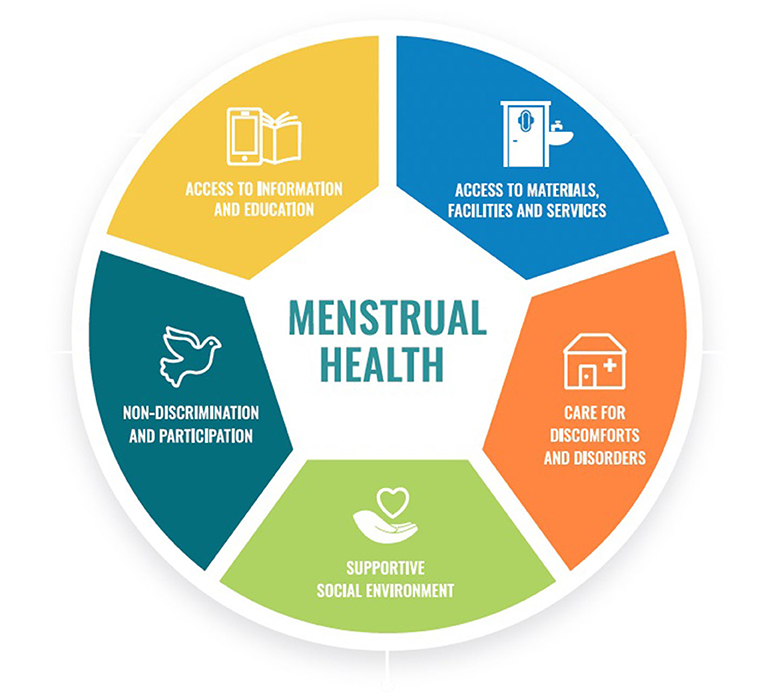Cervical Cancer: Knowledge, Prevention, and Hope.
Every woman deserves to live a healthy, confident life. Yet, too many women continue to lose their lives to a disease that is both preventable and treatable – Cervical cancer. At PinkHealth, our mission is to break barriers in women’s health through education, advocacy, and action. This September, as part of our annual women’s health awareness series, we are shining a spotlight on cervical cancer to spread life-saving knowledge and inspire preventive action. WHAT IS CERVICAL CANCER? Cervical cancer begins in the cervix — the lower, narrow part of the uterus that connects to the vagina. Unlike many other cancers, we know the primary cause: persistent infection with the human papillomavirus (HPV), a common sexually transmitted infection. While most HPV infections clear on their own, some high-risk types can cause abnormal cell changes that may develop into cancer over time. WHY IT MATTERS… Globally, cervical cancer is the fourth most common cancer among women, claiming over 300,000 lives every year. The burden is particularly heavy in sub-Saharan Africa, where limited access to screening and vaccination leads to late detection and poor outcomes. In Nigeria, cervical cancer remains one of the leading causes of cancer deaths in women. Behind every statistic is a mother, daughter, sister, or friend — which is why awareness and preventive action are so urgent. SIGNS AND SYMPTOMS. Cervical cancer often develops silently in its early stages, which is why regular screening is crucial. However, some warning signs may include: Abnormal vaginal bleeding (between periods, after sex, or after menopause). Unusual vaginal discharge with a foul smell. Persistent pelvic or back pain. Any woman experiencing these symptoms should seek medical care immediately. PREVENTION IS POSSIBLE! The most powerful truth about cervical cancer is this: IT CAN BE PREVENTED AND CONTROLLED! Here’s how: HPV Vaccination Safe and effective vaccines protect against the high-risk HPV strains that cause most cervical cancers. Best given between ages 9 and 14 (before sexual debut), but older adolescents and young adults may also benefit. Boys should be vaccinated too, since HPV affects both genders. Routine Screening Pap smear: Detects abnormal cervical cells before they turn cancerous. HPV DNA test: Identifies high-risk HPV infections. Visual inspection with acetic acid (VIA): A low-cost method available in many clinics. Screening should begin at age 21 (or earlier if recommended) and continue regularly. Safe Lifestyle Practices Practicing safer sex, limiting partners, and using protection can reduce HPV transmission. Avoiding smoking and maintaining good nutrition strengthens the immune system. Hope Through Early Detection… When detected early, cervical cancer is highly treatable, and survival rates are excellent. Sadly, many women only discover the disease at advanced stages when treatment options are limited. PinkHealth believes that no woman should die from a preventable cancer simply because of where she lives or what resources she has. Call to Action… Get vaccinated: Encourage HPV vaccination for your children, both girls and boys. Get screened: If you are a woman of reproductive age, make cervical screening part of your routine health check. Educate others: Share this knowledge with friends, family, and your community. Advocate: Support initiatives that make vaccines and screening widely available and affordable. Cervical Cancer FAQs: Myths vs Facts… Q1. If I have no symptoms, I don’t need to worry about cervical cancer. FACT: Early cervical cancer often has no symptoms. Regular screening (Pap smear, VIA, or HPV test) is the only way to detect it early. Waiting for symptoms usually means the disease is in a late stage. Q2. Only women with “many partners” can get cervical cancer. FACT: Cervical cancer is linked to HPV, which can be transmitted through any sexual contact, even with just one partner. Having multiple partners increases the risk, but even women in monogamous relationships can develop cervical cancer if exposed. Q3. Cervical cancer is caused by spiritual attacks or curses… FACT: Cervical cancer is a medical condition caused mainly by persistent infection with high-risk types of HPV. Spiritual beliefs are important in many cultures, but relying only on prayers without medical prevention, e.g., vaccines, screening, and treatment, puts women at risk. Q4. The HPV vaccine makes girls promiscuous… FACT: The HPV vaccine does not change behavior. It simply protects against the virus that causes cervical cancer (and other cancers). Vaccinating children early is about health, not lifestyle. Q5. Only women need the HPV vaccine… FACT: Boys also benefit from HPV vaccination. HPV can cause cancers of the throat, anus, and penis, and boys can transmit the virus to partners. Vaccinating both genders increases community protection. Q6. Screening tests are painful and unsafe… FACT: Pap smears and VIA are quick, safe, and usually only mildly uncomfortable. They are performed by trained health professionals and have saved millions of lives worldwide. Q7. Once I’m married, faithful, and clean, I don’t need to worry. FACT: HPV is very common, and many people may carry it without knowing. Even in faithful marriages, infection can still occur. Vaccination and screening remain important, regardless of marital status. Q8. Cervical cancer cannot be treated; it always leads to death… FACT: When detected early, cervical cancer can be treated successfully with surgery, radiotherapy, or chemotherapy. Prevention and early diagnosis save lives. Q9. Screening is only for older women… FACT: Screening should begin from age 21 (or as recommended by health guidelines). Young women, especially those who are sexually active, should not delay. Q10. If I take care of my hygiene, I won’t get cervical cancer… FACT: While good hygiene is important for general health, it does not prevent HPV infection or cervical cancer. Only vaccination and regular screening provide protection. PinkHealth’s Commitment… At PinkHealth Foundation, we are committed to breaking the silence around cervical cancer. Through community outreach, health education programs, and advocacy, we work to ensure that women everywhere can access preventive care and treatment. Together, we can rewrite the story of cervical cancer from one of fear to one of hope. Join the Movement… Your voice and actions matter. Together, we can create a future where no woman
Cervical Cancer: Knowledge, Prevention, and Hope. Read More »

